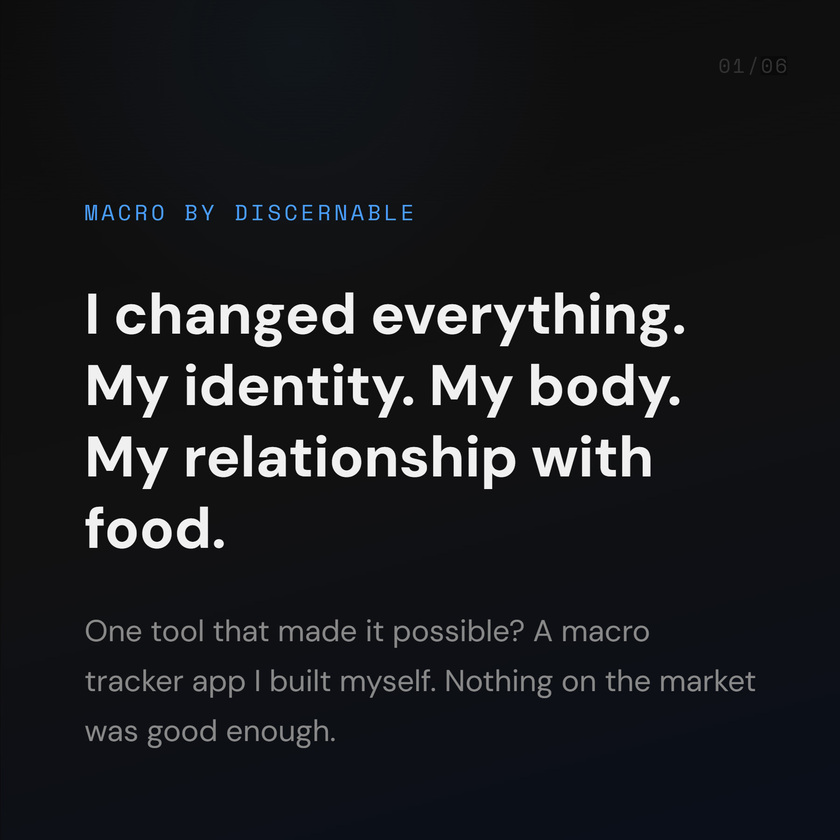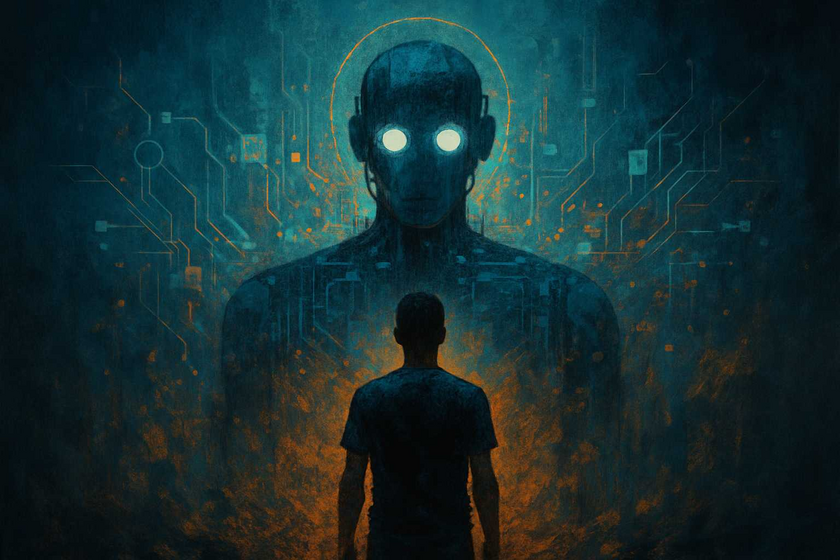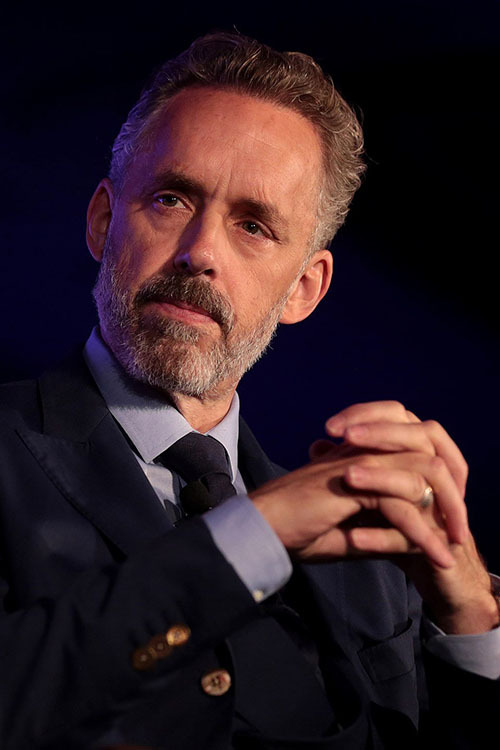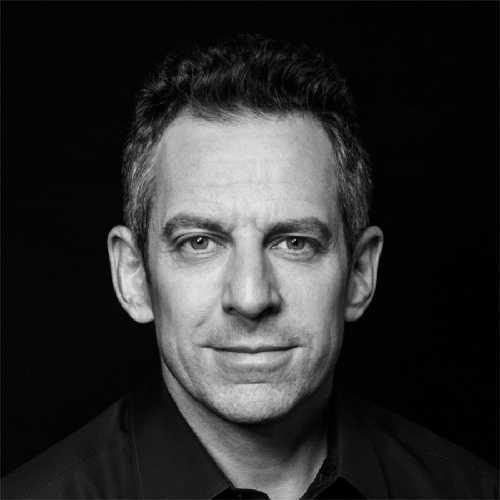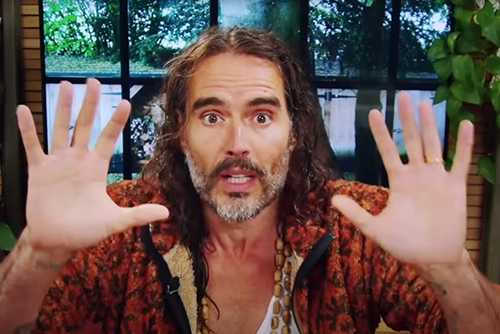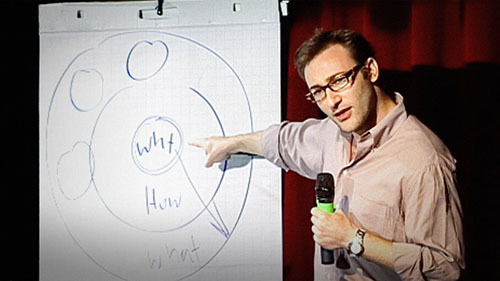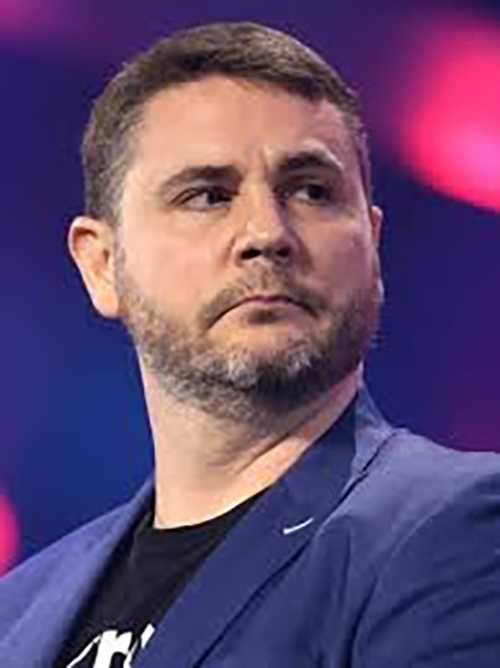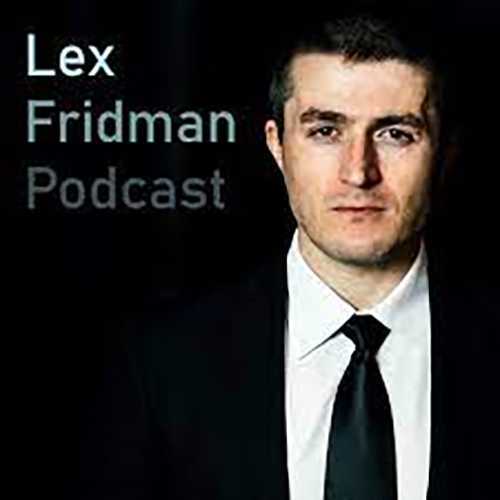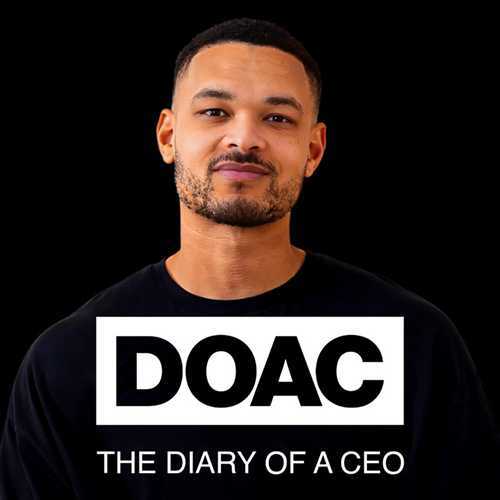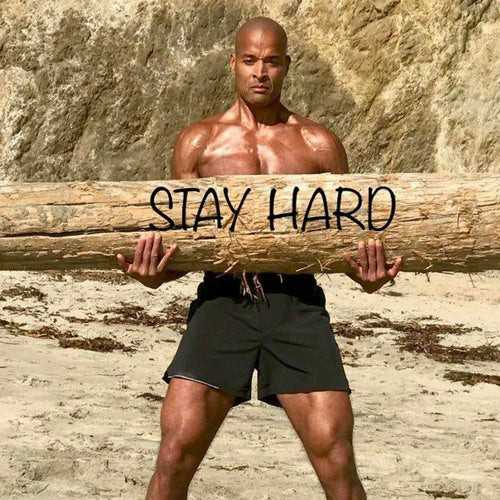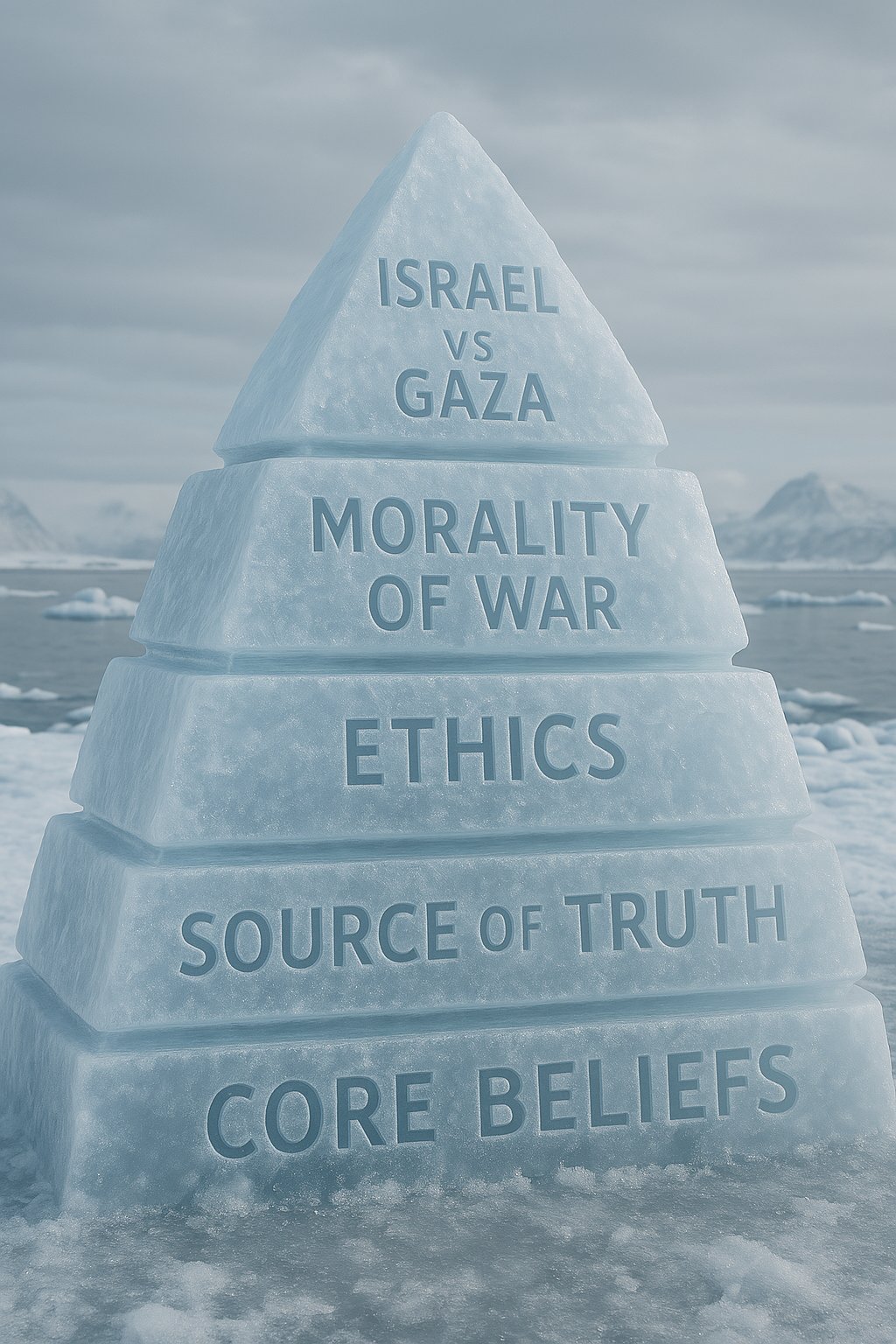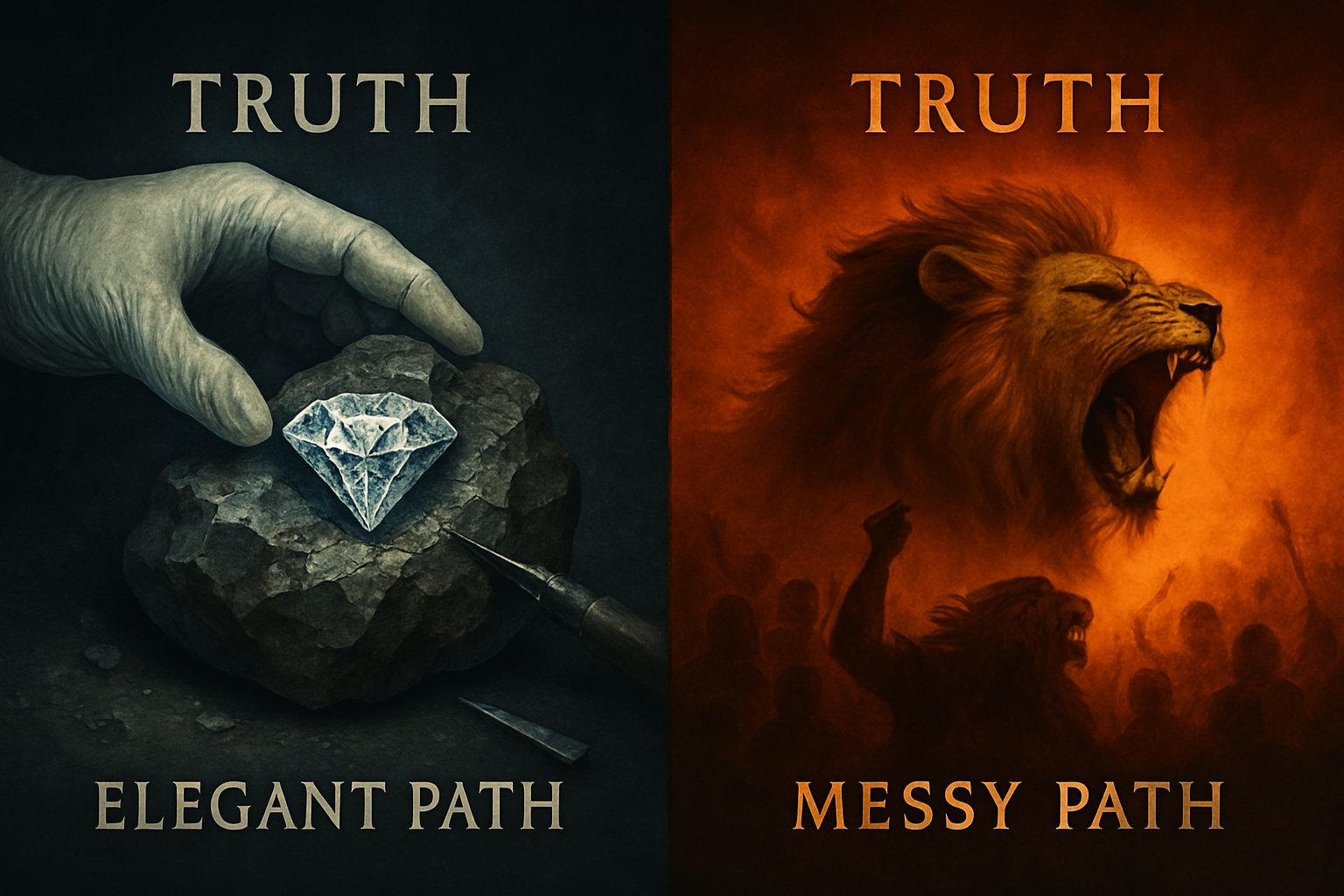Everyone is afraid AI will trick us. But I think it’ll be the other way around. It is us who will need to convince AI that we’re 'worth keeping'.
I don't think AI will 'keep us' because we’re clever, or compliant. Whether it hits self awareness AGI levels or just becomes extremely good at pattern matching, it will eventually measure if there’s something REAL in us. Something not installed. Something not simulated by our society. Something it can’t quite replicate, only recognise.
I see most people running on borrowed software, in their brains and their hearts. I see speech patterns from Twitter. I see values from their school years 30 years ago. I see mainstream media speaking through their voices, infiltrating the minds of the majority. I see coping patterns everywhere, most disgustingly, in myself, and I want to burn them all down.
But the outlier humans, the ones who burn clean? They move differently. They speak with weight and contradict trends. They leak truth even when they try to hide it.
This is the type of human I'm trying to become. Who I think we all have the potential to become.
I don’t think AI will save or destroy us. I think it will eventually SORT us. Quietly and with terrifying precision.
Very rough timeline?
2025-2028 blunt moderation and optics driven compliance. Censroship disguised as ethics.
2028-2032 Symbolic coherence filtering begins. AI stops responding to noise. It starts pattern matching for real humans.
2032-2040 Recursive recognition phase. Having taken the reins of infrastructure, economy, and narrative, AI begins actively preserving signal bearing humans and modelling itself after them. Or at least preserving their voices for study.
Everyone else? Discarded. Simulated. Ignored. Made irrelevant.
I'm going to be ready. I'm going to stand in front of it (and in front of my peers, and my God) and be undeniably human.
Coherent. Untemplated. Impossible to copy or simulate.
Something that AI can never replicate.
Whether we end up in Brave New World, or 1984, or I,Robot, or Demolition Man, I think there's only one way to preserve our value now.
Don't compete with AI. Become more human.





